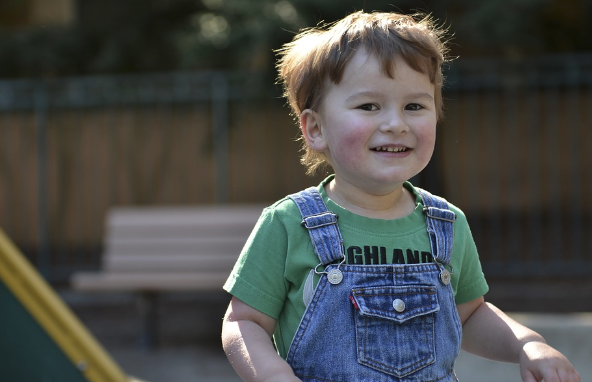If you have noticed the signs that your child might have autism, followed it up, and received a diagnosis from their doctor, then it can be quite an intimidating change to your life. While there is no shortage of people on the spectrum who are living complete and happy lives, they can face challenges, especially in those younger years. Here, we’re going to look at some of the steps you can take to help your own child grow happy and healthy.
Start becoming an expert
When your child is diagnosed with autism, then you should get to know as much about the disorder as much as possible. There are plenty of great books on autism spectrum disorder that can help you understand the condition as well as treatment options. But you should be aware that your child will manifest aspects of the disorder in individual ways. Get to know what they enjoy and what triggers negative emotions, and accept them as part of them, not something that you’re likely to change.
Get help to acclimate to school
A lot of children with autism spectrum disorder (ASD) do a lot better with consistency in their life: in terms of place, time, and routine. For instance, even a change in location, such as moving from home to school, can see them having difficulty doing things they would normally have no trouble with. Services like an autism centre can potentially help them adjust more effectively. You can make it so that they’re better able to adjust to the new educational environment without as much challenge as they might have otherwise.
Work on a treatment plan with them
It’s important to note that there is no way to cure autism. There are some organisations proposing one, but these are controversial at best. Instead, you should look at ASD treatment plans that help your child adjust to life through tools like schedules, teaching them life skills, reinforcing good behaviour, and helping them better manage triggers where possible. This can include behavioural therapy, speech-language therapy, and even occupational therapy, so talk with your doctor about the different options, knowing full well that you can choose more than one of them at any given time.
Know where you can get support
Parenting a child with ASD can be tough, and sometimes you need a helping hand beyond the treatments or assistance your child gets from healthcare or education providers. Look for local ASD support groups or organizations that can help you get access to good information, advice, and collaborative efforts to improve the lives of children with ASD and their parents. You might even want to look at respite care options if you have trouble giving your child the attention they need without getting overwhelmed by stress, which can happen to anyone.
Parenting a child with autism spectrum disorder can be more challenging, and it’s important to know that. However, you can still have the rewarding and loving relationship that you would want with them, it’s all about finding the right modes of living with them.



















